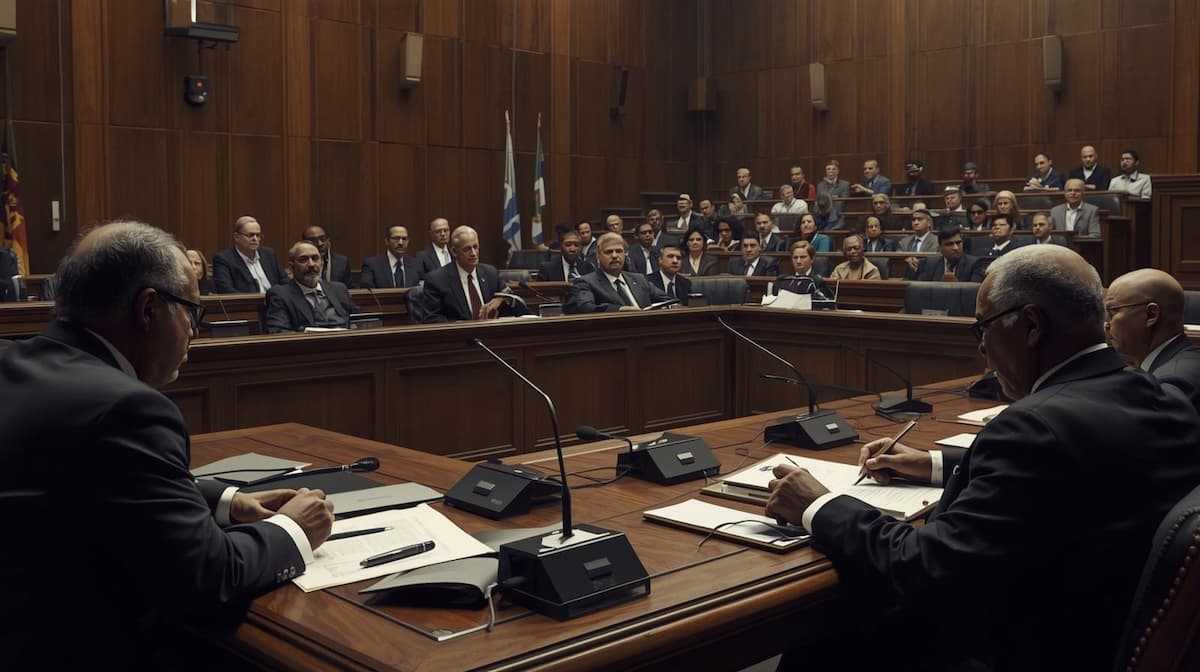sex work Ruling Sparks 5 Shocking Reactions
The issue of sex work in South Africa has evolved from a purely legal matter into a major social and political debate, reflecting the clash between traditional values and human rights. Arguments presented before the High Court have reopened discussions on whether decriminalization will provide safety for workers or introduce new challenges.
sex work Debate: Between Rights and Morality
The discussion around sex work goes beyond legislation, touching the core of ethics and society. Proponents argue that recognizing sex work as legitimate employment provides essential legal protection against violence and exploitation. Opponents, however, fear that such recognition could threaten social cohesion and undermine traditional values.
Legal Framework Under the Spotlight
South Africa’s legal system faces a critical test. Decriminalization could open the door to comprehensive reforms in civil rights and public health laws. Experts often point to countries like New Zealand and the Netherlands, where official recognition of sex work led to safer and more organized outcomes.
Economic Impact and New Opportunities
The economic dimension is as important as the legal and social aspects. Regulating sex work could create new job opportunities and generate additional revenue through taxes and licensing fees. At the same time, there are concerns that the industry might expand into a parallel black market if not properly controlled.
One of the strongest arguments in favor of decriminalizing sex work is the public health benefit. Advocates highlight that safer working conditions reduce the spread of sexually transmitted infections, ensure better access to healthcare, and break down stigmas that keep workers in the shadows. Studies show that countries adopting legal reforms witnessed improved health outcomes for both workers and clients.
Human Rights and Social Justice (Expanded)
Supporters of sex work argue that it is not merely an economic activity but a fundamental human rights issue. Criminalizing the work often exposes individuals to systemic vulnerabilities stripping them of personal dignity, safety, and the basic legal protections that other workers take for granted. Many face harassment, exploitation, and violence, with little recourse to justice, simply because the law labels their profession as illegal.
Legal recognition, on the other hand, would empower workers by granting them access to labor rights, healthcare, and social protections, while also fostering accountability among employers and clients. This approach would dismantle structural discrimination, reduce stigma, and create an environment where safety and equality are not privileges but guaranteed rights.
International human rights organizations, including the United Nations and Amnesty International, have consistently highlighted the importance of recognizing sex work as legitimate labor. They argue that only through decriminalization and legal safeguards can societies ensure that workers are treated with dignity, free from abuse, and able to participate fully in civic life. Advocates emphasize that respecting these rights is essential not only for the individuals involved but also for advancing broader social justice and equality across communities.
Opposition and Cultural Resistance
On the other side, opposition groups argue that legitimizing sex work may normalize exploitation and further marginalize vulnerable populations. Religious and cultural organizations often push back strongly, framing the debate as a battle for moral values. This resistance is powerful, especially in communities where tradition and conservative social norms still play a dominant role.
Global Comparisons and Lessons Learned
South Africa is not the first nation to reconsider its stance on sex work. Countries like New Zealand and the Netherlands have already decriminalized the industry, with mixed but largely positive results. For example, the World Health Organization reports that legal frameworks can significantly improve health and safety outcomes for workers. These international case studies serve as valuable references for policymakers navigating South Africa’s legal crossroads.
Voices from the Ground
Beyond theory and politics, the lived experiences of workers matter most. Many individuals in the sex work industry share stories of harassment, police abuse, and lack of healthcare access. Others express hope that reform will provide stability and dignity. Their voices add a human dimension to the debate, reminding us that behind every policy there are real lives at stake.
Connection to Broader Social Reforms
The debate over sex work is also tied to larger questions about gender equality, labor rights, and economic justice. For instance, our in-depth analysis on gender equality reforms highlights how inclusive policies can reshape entire societies. By linking the decriminalization debate with broader reforms, it becomes clear that this issue is part of a much wider struggle for fairness and social progress.
Future Outlook and Possible Outcomes
The ruling on sex work is expected within the coming months, and its implications could be historic. If decriminalized, South Africa may become a leader in progressive labor and health reform on the continent. However, if the court decides to maintain current restrictions, debates and activism are likely to intensify, keeping this issue alive for years to come.
Conclusion
The conversation around sex work in South Africa reflects a deeper struggle between tradition, rights, and the quest for social justice. The final verdict will not only shape the lives of thousands of workers but also send a powerful message about how a nation values dignity, equality, and freedom. Regardless of the outcome, the debate has already sparked an unprecedented level of awareness and dialogue across society.




